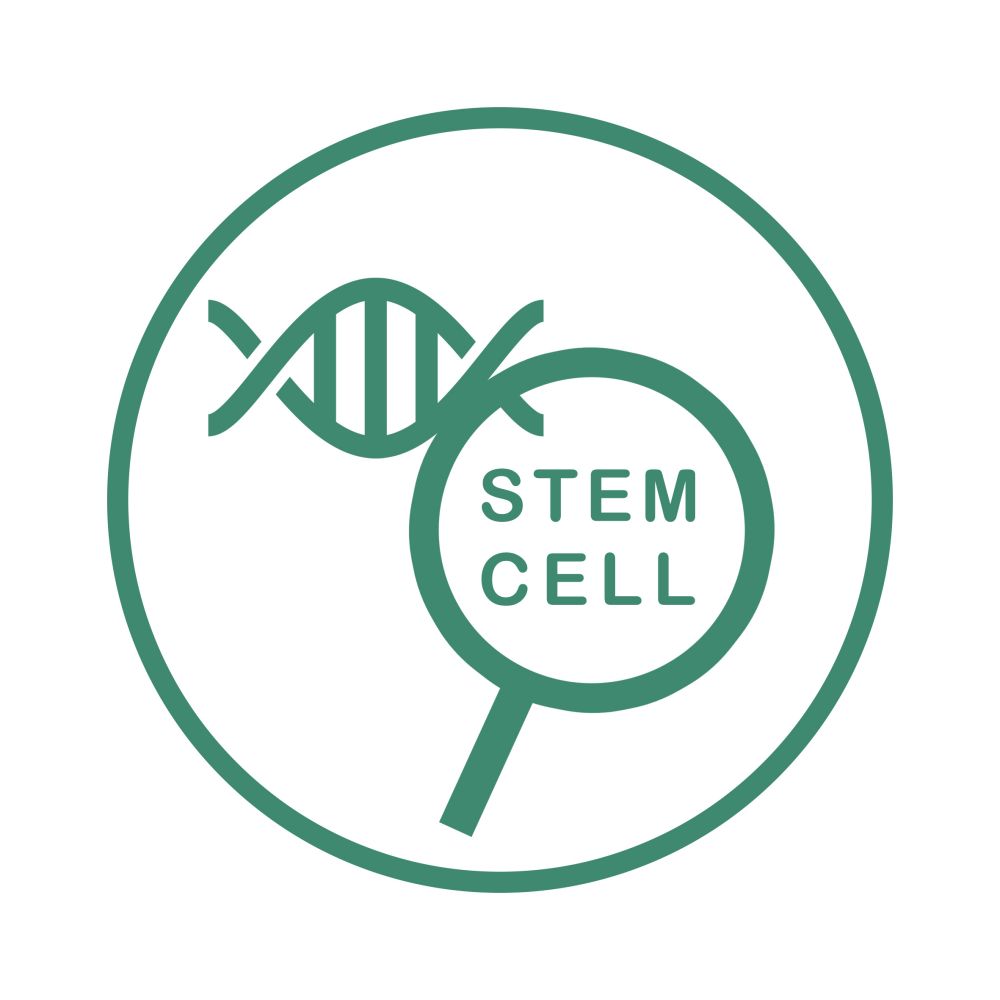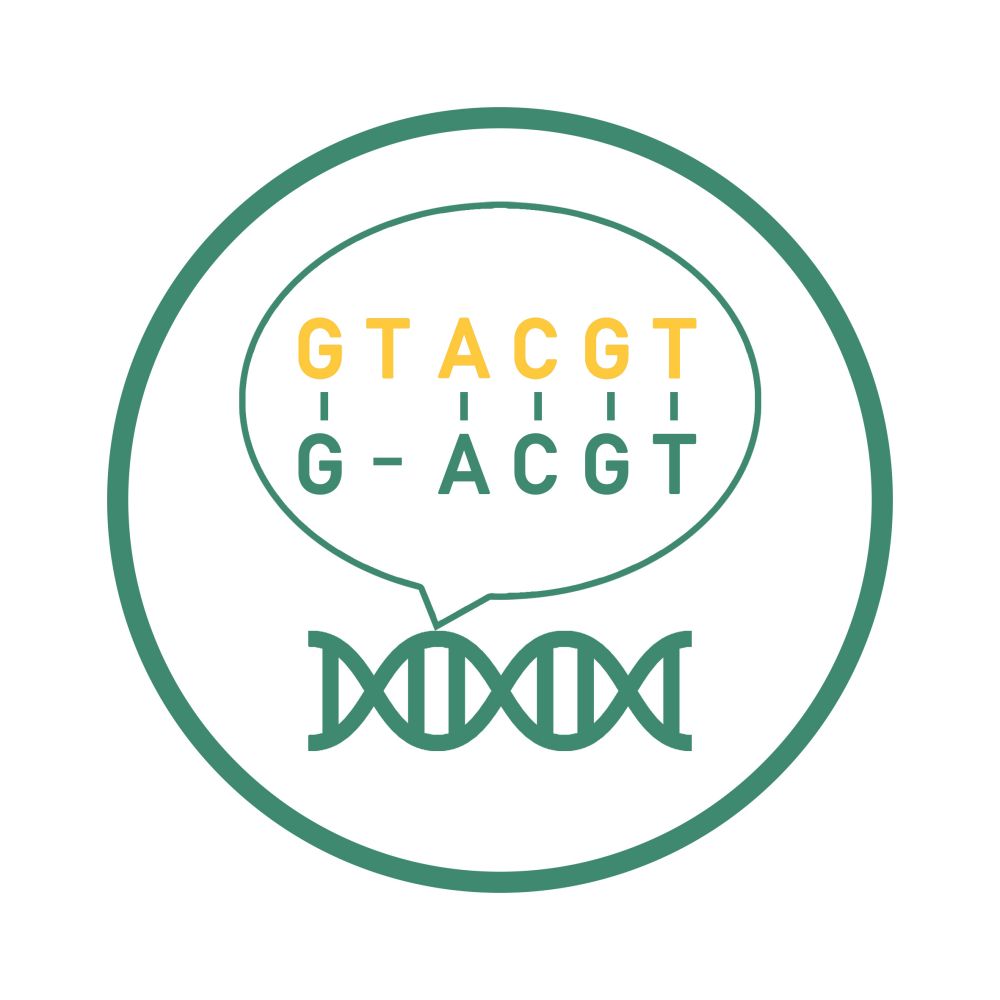Welcome to PSCIdb
PSCIdb [Plant Stem Cell Informatics Database] is a comprehensive and interactive platform to search for and analyze candidate genes related to plant stem cell function and regulation. Using the newly developed bioinformatic tool (Plant-Stem-Cell-Informatics, PSCI), 2,790,327 candidate genes potentially related to stem cells from 808 plant species have been identified and characterized. Based on the genomes of the 808 species, all the duplicated gene pairs related to plant stem cells have also been analyzed and displayed. In addition, based on the published RNA-seq datasets, the gene expression atlases in 228 species can be visualized, and the tissue specificity of the identified genes can be quantitatively evaluated by calculating Tau values. Users can freely access all the datasets through the website or use the PSCI software to identify and analyze candidate genes involved in stem cells in the species of interest. Overall, PSCIdb provides information and interacting resources for plant researchers to identify candidate genes related to stem cells, reveal gene family evolution, and promote gene functional studies among different lineages of land plants.
Number of species
808
Number of reference genes
222
Number of total genes
2,790,327
Gene Classification
Gene Function
Number of Species















